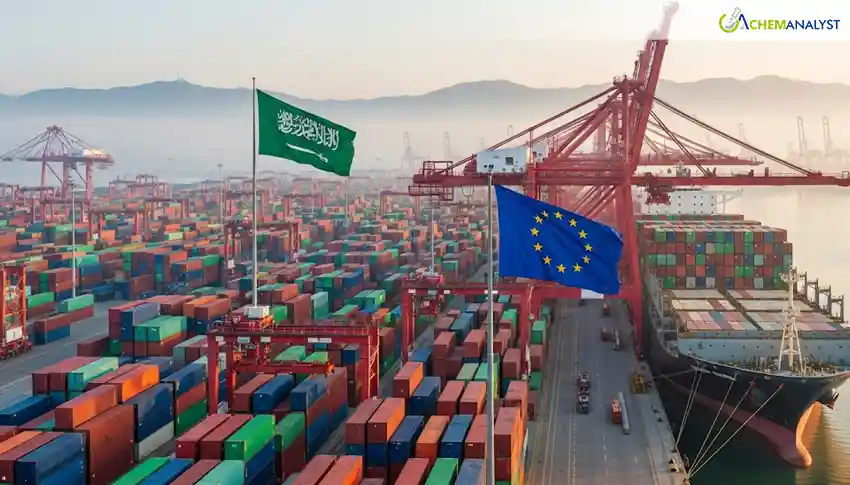Welcome To ChemAnalyst

TDI is a crucial chemical used extensively in the manufacturing of polyurethane products, including flexible foams for mattresses and furniture, automotive seating, as well as coatings, adhesives, and sealants.
The Indian government, through the Ministry of Finance, has extended the anti-dumping duty (ADD) on imports of Toluene Di-isocyanate (TDI) from the European Union and Saudi Arabia. This decision, formalized by Notification No. 28/2025-Customs (ADD), dated August 19, 2025, ensures the protective tariff remains in place until at least March 1, 2026, or until a comprehensive review of the duty concludes. The move is designed to safeguard India's domestic TDI manufacturers from the impact of unfairly priced imports.
The original anti-dumping duty on TDI imports from the specified regions was imposed on April 27, 2021, following an investigation that found evidence of "dumping"—the practice of exporting goods at a price lower than their normal value in the domestic market.
The recent extension is a direct result of a "sunset review" initiated by the Directorate General of Trade Remedies (DGTR) on December 30, 2024. A sunset review is a standard procedure undertaken near the end of an anti-dumping duty's lifespan to determine whether the removal of the duty would lead to a recurrence of dumping and continued injury to the domestic industry. The DGTR's investigation found that the threat of dumping and the potential for harm to the local industry persist, recommending that the duty be continued.
This notification from the Ministry of Finance amends the original 2021 notification by inserting a new paragraph that explicitly extends the period of the duty. This is a common legal mechanism to provide temporary relief to domestic producers while trade authorities finalize their detailed findings and recommendations. The extension ensures a level playing field for Indian producers, preventing foreign competitors from undercutting prices and distorting the market. It also provides stability and predictability to the domestic industry, allowing them to make investment and production decisions with confidence.
Anti-dumping measures are a key tool in international trade policy, permitted under World Trade Organization (WTO) rules, to counter unfair trade practices. By imposing a tariff equal to the dumping margin (the difference between the export price and the normal value), the government aims to neutralize the unfair competitive advantage of the dumped goods. This action underscores the government's commitment to protecting indigenous industries and promoting fair trade, particularly in a critical sector like chemicals, which forms the backbone of numerous other manufacturing industries. The final outcome of the DGTR's review will determine if the duty is to be extended for a full term, typically five years, or if it will be lifted, revoked, or amended based on the new findings.
We use cookies to deliver the best possible experience on our website. To learn more, visit our Privacy Policy. By continuing to use this site or by closing this box, you consent to our use of cookies. More info.
